DSSTTA is committed to understanding how the Earth’s systems (climate, cryosphere, biodiversity, and more) are deeply interconnected, and how they are affected by human activity
DSSTTA Department
The DSSTTA scientific collaboration between institutes by coordinating transdisciplinary project activities and thematic working groups. It provides support in planning strategic and innovative initiatives, facilitating the positioning of excellence and strategic priorities.
DSSTTA also engages in institutional support activities related to research and the promotion of national and international relations, collaborating with the relevant CNR offices.
1500
Staff members temporary & permanent
12
Research Institutes
60
Locations on Italian territory
800
Contributors and staff in training
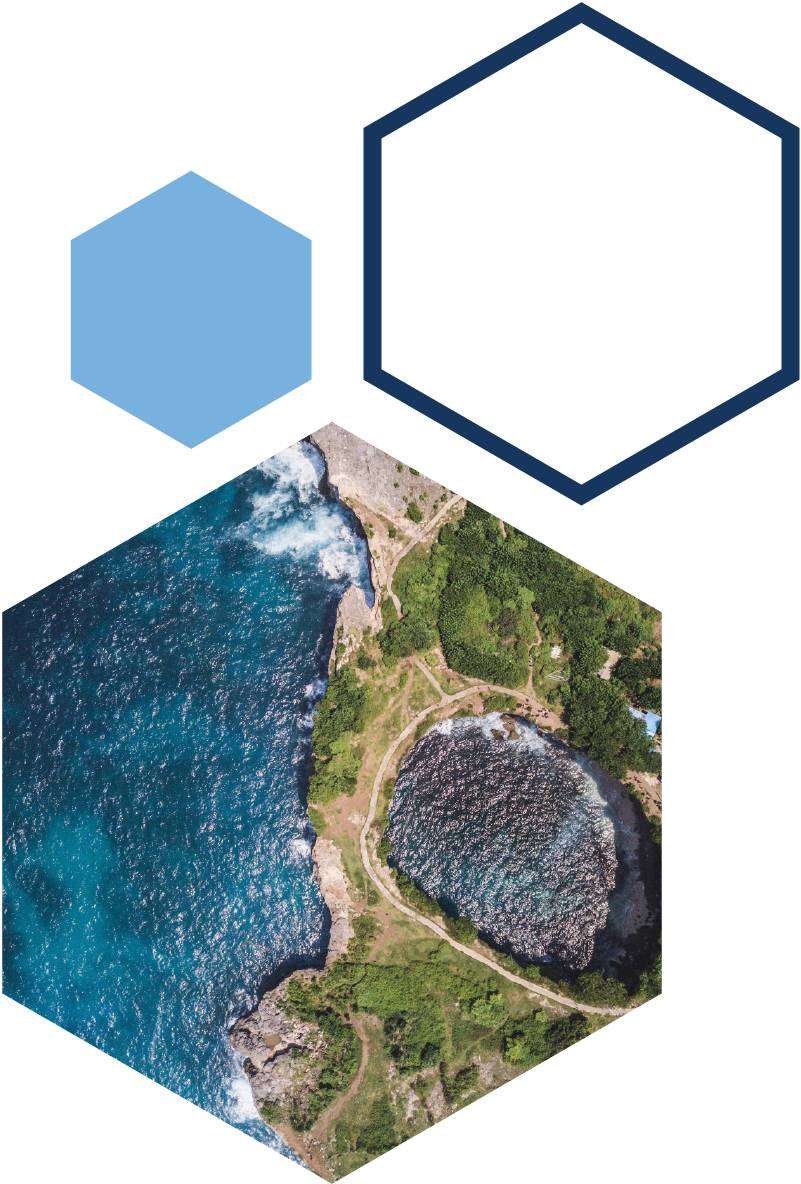
Promotion, Proposal, Programming, Coordination.
Brochure DSSTTA
Italian version, June 2025
DSSTTA Brochure
English version, June 2025
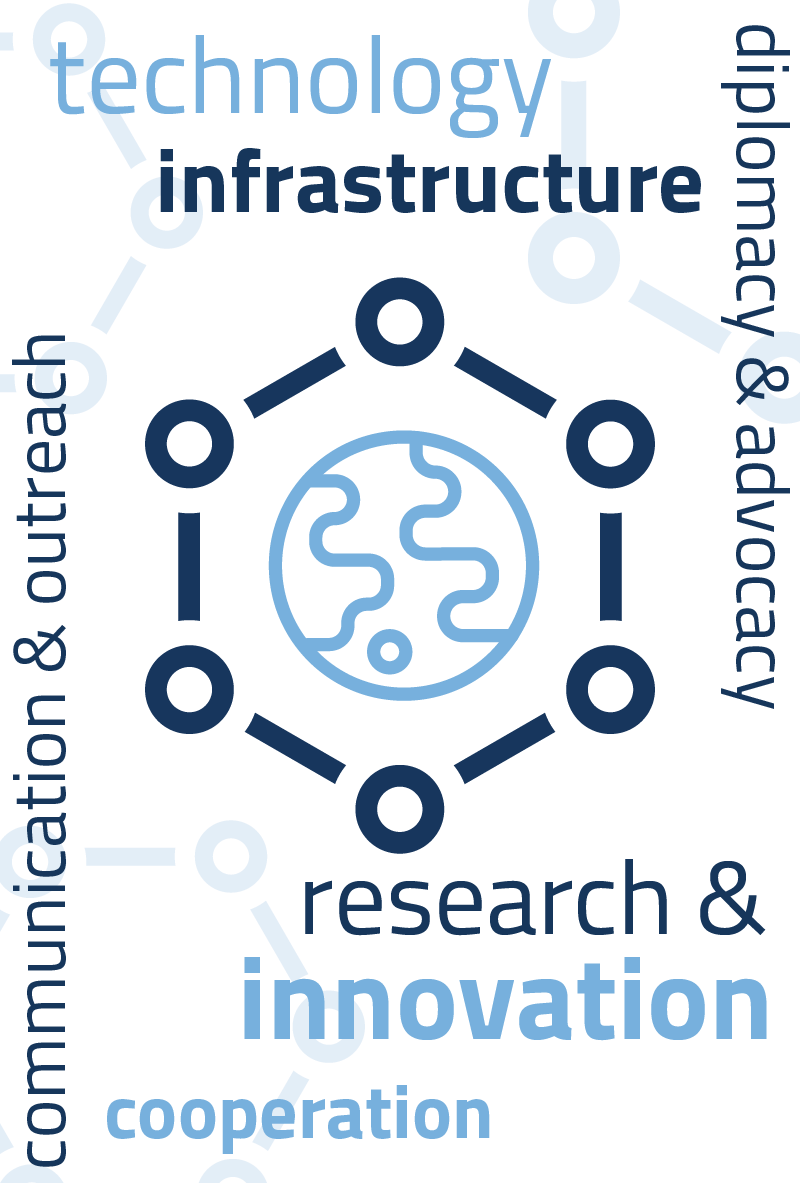
Mission
DSSTTA’s mission is to advance knowledge of the environment and the Earth through the integration of different competences and disciplines, fostering technological development and the systemisation of data and infrastructures. DSSTTA promotes the role of science as a neutral support for socio-political-economic decisions, particularly environmental matters, based on merit and respect for the scientific method.
In line with CNR’s values, DSSTTA aims to create added value through scientific research, generating knowledge, fostering community interest, promoting sustainable use of resources and upholding research ethics and freedom. It also engages in outreach to raise public awareness of environmental issues and related emergencies, such as climate change and pollution, highlighting the importance of research in the global socio-political context.
Strategic Areas
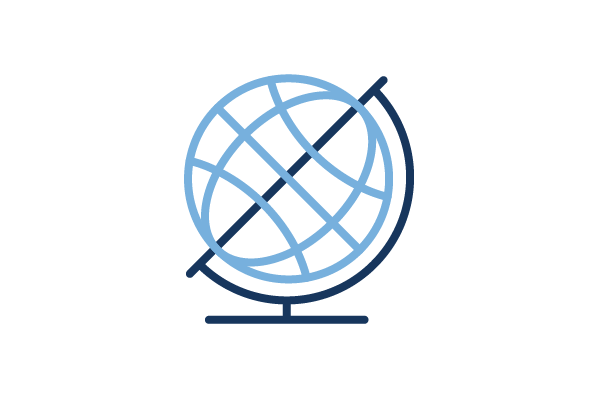
Earth System Sciences and Geo-Resources
Study of planetary and geological processes, monitoring of natural resources and development of sustainable models for resource management and use. Assessment of environmental impacts and definition of strategies to mitigate supply crises and climate change.
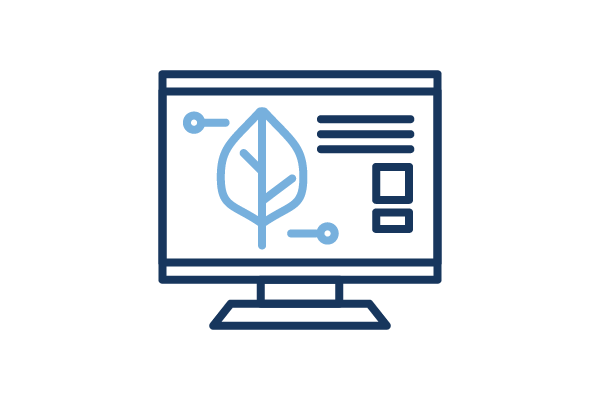
Anthropogenic Impacts and Technologies for Environmental Remediation.
Ecosystem impact assessment, with a focus on emerging contaminants. Development of eco-innovative technologies for environmental monitoring, protection and recovery of ecosystems. Development of interoperable environmental analysis systems for decision support.
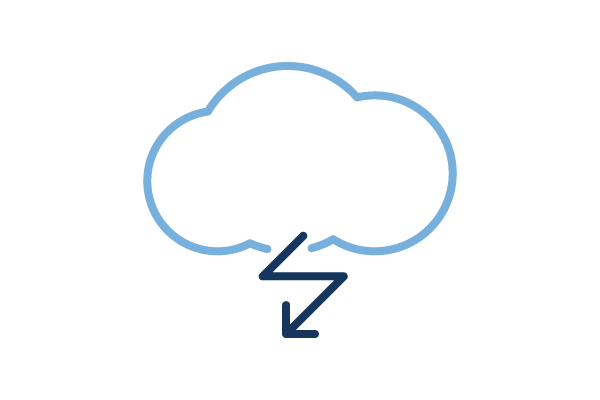
Global Changes
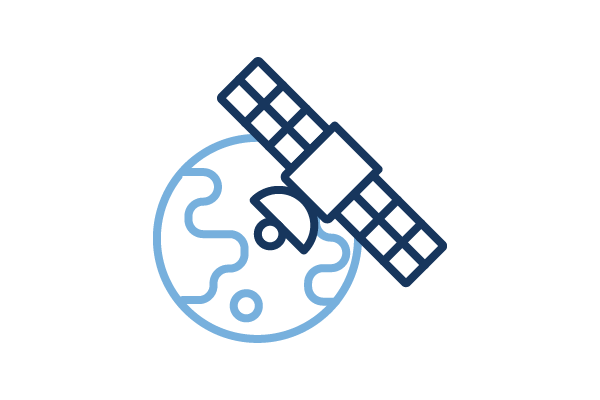
Earth Observation
Multidisciplinary research to study the atmosphere, biosphere and geosphere and the ocean system. Integration of in situ observations, remote sensing and satellite data, supported by modelling and management of large interoperable databases to study geological, geophysical and environmental processes.
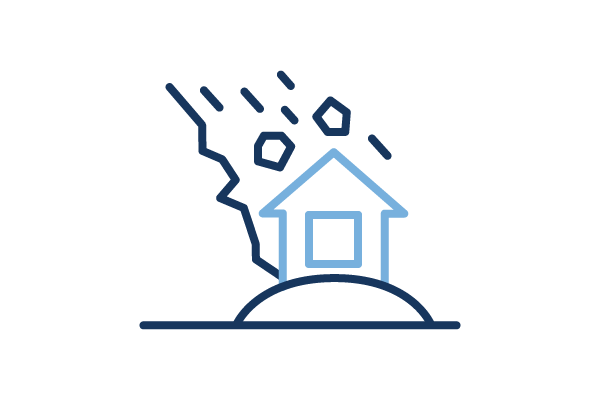
Natural Risks
Assessment and monitoring of natural hazards such as eruptions, earthquakes, floods, droughts and fires, with the development of warning and mitigation systems. Analysis of climate change and the hydrological cycle. Study of marine phenomena for coastal risk management and emergencies related to extreme events and subsidence.

Biodiversity, Ecosystems and Biological Resources
Study of terrestrial and aquatic ecosystems, biodiversity and ecological interactions for conservation and sustainable management. Assessment of ecosystem response to natural and anthropogenic forcing. Promotion of circular economy through sustainable use of biological resources, with focus on ecosystem services and sustainable bio-economy.

DSSTTA institutes
Istituto sull’Inquinamento Atmosferico (IIA)
Istituto di Geologia Ambientale e Geoingegneria (IGAG)
Istituto di Geoscienze e Georisorse (IGG)
Istituto di Metodologie per l’Analisi Ambientale (IMAA)
Istituto per le Risorse Biologiche e le Biotecnologie Marine (IRBIM)
Istituto di Ricerca sugli Ecosistemi Terrestri (IRET)
Istituto di Ricerca Sulle Acque (IRSA)
Istituto di Ricerca per la Protezione Idrogeologica (IRPI)
Istituto di Scienze dell’Atmosfera e del Clima (ISAC)
Organisation
Director
Scientific Board
Claudio Faccenna
University Roma TRE (Italy) e GFZ Potsdam (Germany)
Andrea Rinaldo
École polytechnique fédérale de Lausanne, CH
Sabrina Speich
École Normale Supérieure, Paris, FR
Elective Members
Andrea Billi
Istituto di Geologia Ambientale e Geoingegneria, Roma
Gian Luigi Liberti
Istituto di Scienze Marine, Roma
Staff
Roberto Bellucci
roberto.bellucci@cnr.it
Luana Casano
luana.casano@cnr.it
Giuseppina Ciurlia
giuseppina.ciurlia@cnr.it
Fedra Francocci
fedra.francocci@cnr.it
Veronica Giuliano
veronica.giuliano@cnr.it
Annalisa Iadanza
annalisa.iadanza@cnr.it
Maria Elena Martinotti
mariaelena.martinotti@cnr.it
Luigi Mazari Villanova
luigi.mazarivillanova@cnr.it
Sonia Migliorini
sonia.migliorini@cnr.it
Pier Francesco Moretti
pierfrancesco.moretti@cnr.it
Alessio Neri
alessio.neri@cnr.it
Francesca Nuccetelli
francesca.nuccetelli@cnr.it
Simone Pecce
simone.pecce@cnr.it
Contributors
lorianna.annunziata@cnr.it
Francesca Argenio
francesca.argenio@cnr.it
Paolo Braico
paolo.braico@cnr.it
Sabina Di Franco
sabina.difranco@cnr.it
Giovan Matteo Di Maggio
giovanmatteo.dimaggio@cnr.it
Angelo Domesi
angelo.domesi@cnr.it
Giulia Magnavita
giulia.magnavita@cnr.it
Eros Manzo
eros.manzo@cnr.it
Isabella Vitali
isabella.vitali@cnr.it
Organization-internal articulation

The Scientific Council of the Department was renewed by order of the President CNR no. 108 of 19.07.2019.
Please contact us at: nome.cognome@cnr.it
